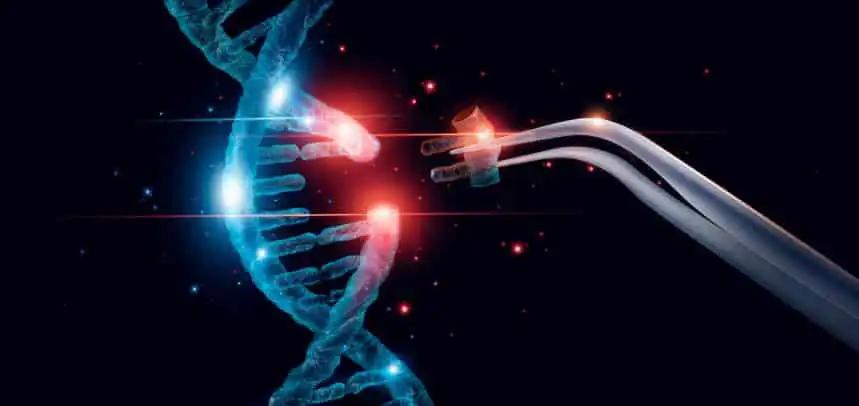KEY TAKEAWAYS
- The phase III CheckMate 816 study assessed the impact of neoadjuvant treatment with nivolumab (N) and platinum-doublet chemotherapy (C) over C alone for patients with resectable NSCLC.
- The study was conducted on patients with stage IB to IIIA resectable NSCLC, ECOG performance status of 0 or 1, and no EGFR/ALK alterations.
- Regardless of the surgical approach or extent of resection, patients who received N + C experienced improved EFS.
The phase III CheckMate 816 study reported that neoadjuvant nivolumab (N) + platinum-doublet chemotherapy (C) is more effective than C alone in patients (pts) with resectable NSCLC and demonstrates significant and clinically meaningful improvements in event-free survival (EFS) and pathologic complete response (pCR).
Patients with stage IB (tumors ≥4 cm)–IIIA (per AJCC 7th ed) resectable NSCLC, ECOG PS ≤ 1, and no known EGFR/ALK alterations randomly received either N 360 mg + C Q3W or C alone Q3W for three cycles followed by surgery. The study’s primary outcomes were EFS and pCR per blinded independent review. Exploratory analyses were performed on EFS based on surgical approach and extent/completeness of resection, as well as EFS and pCR based on a 4-gene (CD8A, CD274, STAT-1, LAG-3) inflammatory signature score derived from RNA sequencing of baseline (BL) tumor samples.
After a median follow-up of 41.4 months (database lock on October 14, 2022), it is confirmed that N + C provides a continued benefit in event-free survival (EFS) when compared to just C (HR, 0.68; 95% CI, 0.49 to 0.93). The EFS rates at the 3-year mark were 57% and 43%, respectively. Moreover, N + C improves EFS in patients who underwent surgery, regardless of the surgical approach or extent of resection, and in pts who had R0 resection. In the N + C group, only 28% of patients who had surgery experienced recurrence, compared to 42% in the C group (n = 149 and n = 135, respectively). Patients achieving pCR had significantly higher BL 4-gene inflammatory signature scores than those who did not. Patients with high scores demonstrated substantially better EFS than those with low scores. However, the N + C arm had 36% and 11% of pts with grade 3-4 treatment-related and surgery-related adverse events, respectively, compared to the C arm, which had 38% and 15% of pts, respectively.
The study demonstrated significant long-term clinical benefits in pts who received neoadjuvant N + C for resectable NSCLC compared to those who received C, irrespective of the type of surgery or extent of resection. Preliminary assessments on pts treated with N + C indicated that high baseline tumor inflammation may be linked to improved EFS and pCR.
Clinical Trial: https://classic.clinicaltrials.gov/ct2/show/NCT02998528
Girard, N., Spicer, J., Provencio, M., Lu, S., Wang, C., Awad, M., Mitsudomi, T., Felip, E., Swanson, S.J., Saylors, G., Chen, K., TANAKA, F., Tran, M., Hu, N., Cai., J., Bushong, J., Neely, J., Balli, D., Broderick, S.R. Journal of Thoracic Oncology (2023).



